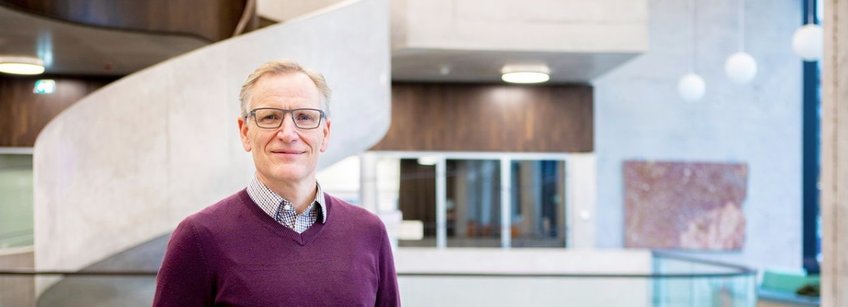
Max Planck Fellow
Lars Angenent
The Environmental Biotechnology Group at the Center of Applied Geosciences at the University of Tübingen, Germany, lead by Humboldt-Professor and Max Planck Fellow Largus Angenent, studies the recovery of carbon from wastewaters and industrial off gases with bioprocessing. Angenent is one of the founding members of ISMET and he is an expert on gas fermentation and chain elongation.
Accelerating the Next Generation of Novel Technologies
To stop global warming beyond 1.5 to 2 degrees Celsius, we need to remove CO2 from smokestacks or even the atmosphere, and then carbon needs to be stored. One technology platform takes plant material and burns it under oxygen-limiting conditions so that carbon material, which plants had removed as CO2 from the atmosphere, is converted into pyrogenic biochar and CO. The biochar can be stored to improve soils, and the CO is used via biological conversions to make, for example, plastics or human food. This combination is one example of how the production of plastics or human food could become carbon negative. Other carbon-capture technologies use chemicals to temporarily bind and remove CO2, which we would like to utilize for product development.
Our lab has translated research from the laboratory bench into two different start-up companies (Electrochaea and Capro-X). These companies are now further developing their technologies in a much more concentrated way than an academic lab can ever do. The lab is continuing this entrepreneurial tradition and we are actively working on several more spin-off companies.